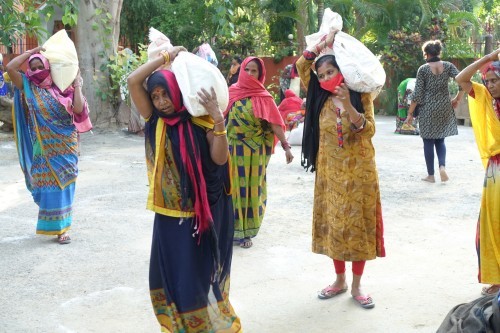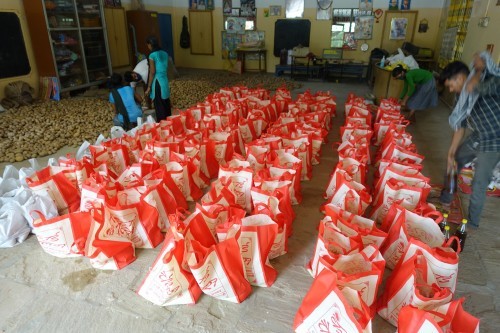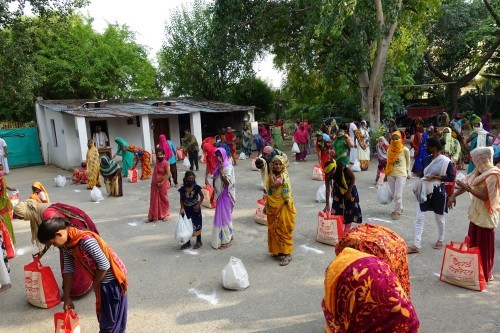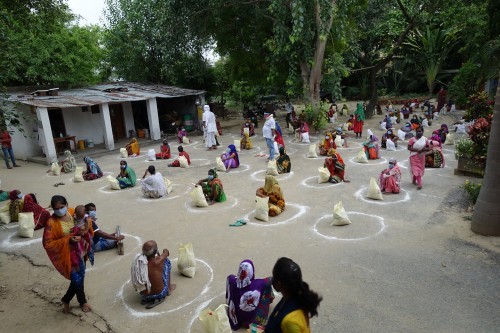Percorso
Lockdown in Varanasi
Some time after Italy, India has been involved in Corona emergency as well. Media started raising the alarm, terrifying people and announcing a high number of infections. The immigrants who work in big cities, afraid of the possibility that they may lose their job and have no means of support, chaotically left the metropolis trying to reach their native villages.
Train and bus stations were stormed and government canceled many rides, leaving people lost. There were millions of desperate people fleeing, many of them have been walking for hundreds of kilometers with the few means at their disposal, facing difficulties, hunger and thirst. Many were relegated inside quarantine centers and then abandoned to their destiny, others were arbitrarily stopped and disinfected with unspecified and maybe toxic products. An oppressive anguish and a feeling of uncertainty about the future seized hundreds of millions of people in the subcontinent.
In Varanasi, where people have always lived with viruses and bacteria more lethal than those of flu-like syndromes, this was calmly welcomed but, when the merciless lockdowns imposed by the government started, people became aware of the devastating social consequences that these ones would cause.
The families who live next to the Ashram weren’t spared and many found themselves with no means of support. The Ashram put a lot of effort into a solidarity campaign for the poorest. We bought huge quantities of essential goods: rice, lentils, potatoes, oil, spices and other types of food, personal hygiene products and medicines.
During the most difficult time until the slackening of restrictions, almost one thousand families were helped by the Ashram, included all the families of the kids of our school.
Anil Baba, the resident sadhus, the older boys and girls have been working very hard for days, several times, to supply, prepare and distribute food and the other goods.
It was a drop in an ocean of suffering but it gave significance, demonstration, value to what people expect from an Ashram in Indian culture and tradition.


















